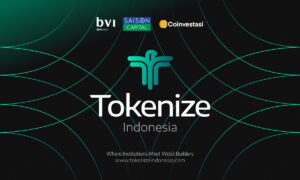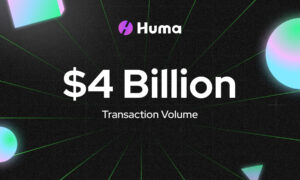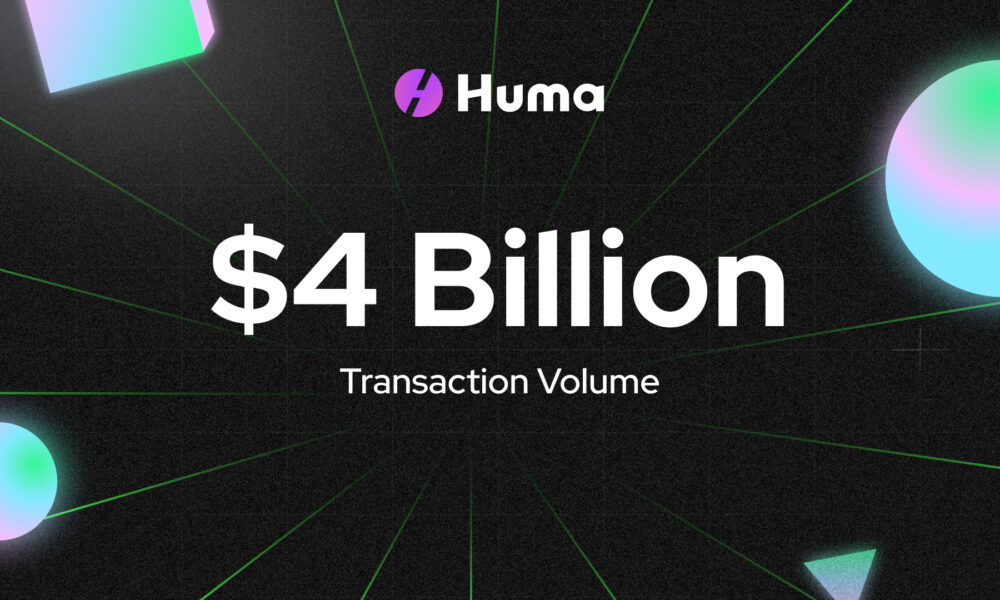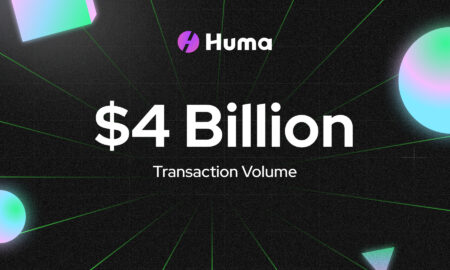The metaverse a collective virtual shared space blending augmented reality (AR), virtual reality (VR), and the internet has emerged as a transformative concept poised to revolutionize how we interact, work, and play in digital environments. While the metaverse opens up endless possibilities, the underlying infrastructure that ensures its functionality, security, and decentralization is equally crucial. Blockchain technology is at the heart of this infrastructure, a pivotal force shaping the metaverse economy.
Blockchain as the Foundation of the Metaverse Economy
A decentralized and secure framework needed for the metaverse to work efficiently, is provided by Blockchain. Blockchain guarantees transparency, trust, and immutability in a metaverse economy, where digital assets, virtual land, and even identity are at stake. Blockchain records transaction information on an open and distributed ledger, doing away with intermediaries and enabling peer-to-peer exchange while true ownership of digital assets is more easily possible.
One example already present in the wild is blockchain-based non-fungible tokens (NFTs), which enable users to buy, sell, and trade virtual items ranging from in-game assets to digital art. These NFTs prove ownership of the assets, so users have control over them, whether on the platform or not.
Striving for Interoperability Across Platforms
Interoperability between various virtual platforms is certainly one of the biggest challenges if not THE biggest challenge to building the metaverse economy. Blockchain brings a standardized protocol that allows for nonstop interaction and asset transfer between several metaverse ecosystems. The key to an Open Metaverse is through blockchain, which enables users to freely move their assets (NFTs or crypto) across platforms breaking down silos to create an entirely interconnected metaverse.
But the process also involves cryptocurrencies powered by blockchain. Essentially they are the medium through which the metaverse economy conducts itself, and file users can transact seamlessly, frontiers cross and between borders and platforms. There are already projects like Decentraland and The Sandbox which have already shown how blockchain can enable decentralized economies in the virtual world.
Securing Digital Identities
For the metaverse to be successful there needs to be robust systems in place for verifying and managing identities. Self-sovereign identities are one of the many factors that make blockchain an excellent solution for trust and identity on the blockchain. According to the blockchain, the power lies not in the big players to maintain personal information but rather give the users a chance to create decentralized but safe, private and portable identities.
This functionality is vital to the metaverse, where digital identities will establish entry points to the virtual world and its asset economy and enable social interaction. With blockchain, these identities are protected, and users can meet in the metaverse without compromising on privacy or security.
Driving Decentralized Governance
Also, Blockchain is a decentralized nature that allows for community driven governance in the metaverse. They were powered by the blockchain decentralized autonomous organizations (DAO), in which the users can participate in the decision-making processes regarding the development and management of the metaverse platforms. S,o the virtual world is not controlled by the hand of any singular entity, a principle of decentralization and empowering users, which this democratic approach preserves.
Platforms like Axie Infinity have also adopted DAO models to enable gameplay makers and their communities to cast votes on key decisions regarding game development based on preference or tokenomics. Governing such a metaverse economy requires such governance structures to instill trust and build trust among all metaverse participants.
Challenges and the Road Ahead
However, blockchain metaverse integration is also constrained by its challenges. However, scalability remains a challenge, as real world transactions cannot be processed by current blockchain networks at widely scalable rates. At the same time the user education, and acceptance of blockchain technology is even more important to get everyone to play in the metaverse economy.
Yet, the development of blockchain is progressing, and layer 2s and cross chain interoperability are perhaps the leading advancements towards a more scalable and efficient metaverse infrastructure. Blockchain will become a more important part in the metaverse economy, as these technologies develop.
Final Thoughts
If there is one thing people agree about, it’s that Blockchain is an important basis for the emerging metaverse economy. As an integral part of this digital revolution, it provides secure transactions, asset ownership, and decentralized governance because its abilities can’t be ignored. With the metaverse flourishing in its glory, blockchain has become an essential part of this new frontier to make things transparent, transparent, and inclusive for everyone.
Visit Blockchain News to stay updated on the latest developments in blockchain technology and its impact on the metaverse.



































